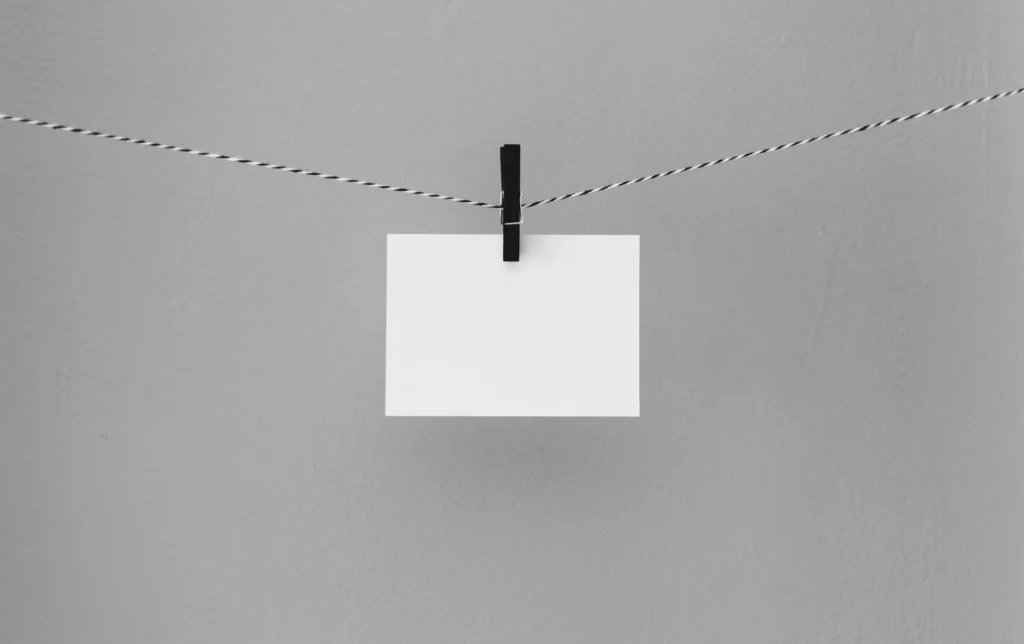Languages often offer us various ways to express our affection for someone special, and Mandarin Chinese is no exception. A common query that comes up is “How do you say baby in Mandarin to a girlfriend?”. In this guide, we aim to answer the question through a simple and comprehensive explanation of the words and phrases you can use to address your beloved one.
Common Terms of endearment in Mandarin
Mandarin Chinese is rich with affectionate nicknames that can be used to express love and endearment. Listed below are some popular terms that often come up:
- 宝贝 Bǎobèi: This term means ‘treasure’ and is commonly used to mean ‘baby’, expressing deep affection for your loved one.
- 宝宝 Bǎobǎo: While it literally translates to ‘baby’, it is often used as an endearing way to call your partner, emphasizing their importance to you.
- 亲爱的 Qīn’ài de: Translates to ‘dear’ or ‘darling’, it is a popular term among couples to address each other lovingly.
- 小宝贝 Xiǎo bǎobèi: This phrase means ‘little treasure’ or ‘little baby’ and is a lovable term for someone special.
- 心肝 Xīngān: This can be seen as the equivalent of ‘heart and soul’ in English, conveying the idea that you can’t live without them.

Terms of endearment with a playful touch
Chinese language also offers playful terms that are used within a romantic relationship which are less formal and may be more suited to young couples. Here are some common ones:
- 傻瓜 Shǎguā: Translates literally to ‘stupid melon’, but it’s an affectionate way to tease your partner’s intelligence, similar to calling them ‘silly’ in English.
- 木头 Mùtou: Literally means ‘wood’ but is used like ‘blockhead’, it’s not offensive but rather seen as endearing.
Elaborate terms of endearment
For those who prefer to use more elaborate nicknames, there are several other Chinese terms of endearment that come with specific connotations:
- 大宝贝 Dà bǎobèi: Translates as ‘Big treasure’ or ‘Big baby’, typically used for a significant other.
- 心上人 Xīn shàngrén: The English equivalent would be ‘the one in my heart’ or ‘my beloved’, indicating deep affection and emotional connection.
- 甜心宝贝 Tiánxīn bǎobèi: Combines sweetness and endearment, it means ‘Sweetheart Baby’ or ‘Sweetheart Treasure’.

Conclusions
Chinese language offers an abundant choice of affectionate terms to address your significant other. Various words and phrases can be used to express deep affection, endearment, and closeness, and the ones listed here merely offer a glimpse into the richness of the language in this domain. Using these terms can add a touch of cultural flair to your relationship and help you communicate your feelings more effectively. Whether it’s ‘宝贝 Bǎobèi‘, ‘亲爱的 Qīn’ài de‘, or ‘心上人 Xīn shàngrén‘, these words each add a unique flavor of love and affection. The most important thing though, regardless of the language or the words you choose, is the authenticity of your feelings and the sincerity behind your words.
